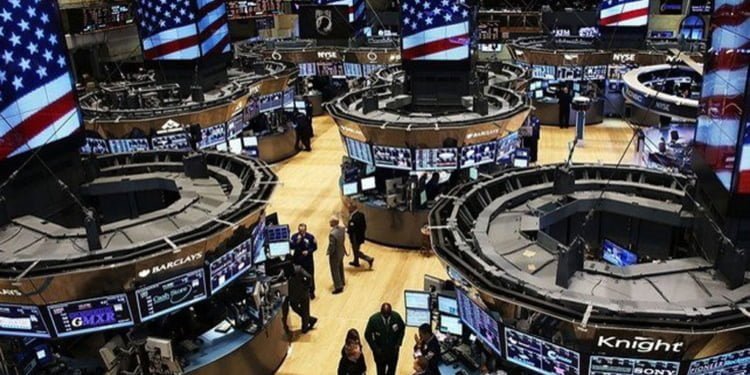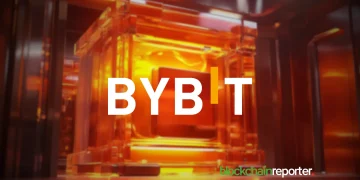- Stocks close higher but feared to waver as trade talks with China resume
- Chinese accused of stealing technological know-how
- The Chinese government does not acknowledge the allegations
As the broad index heads to its first A1 performance since 1998, the Dow (gained 91 points) and Nasdaq (advanced by 0.35%) were the rising stars of Thursday’s stock markets. The S&P 500 also performed similarly well as it scooped a rise of 0.35%, where Nike shares and J.P. Morgan Chase outperformed.
Despite the stocks ending higher on Thursday, concerns over the economy slowing down continue to persist as trade talks between China and the U.S. restart. China has made overtures in its talks with the U.S. that precedes its earlier mandate as the two sides try and overcome problems in their proposed trade wars inclusive of forced technology transfers, U.S. officials said on Wednesday.
President Donald Trump imposed a tariff on $250 billion of Chinese products in a bid to change the way it manages its business with the rest of the world and to open up China’s economy to U.S. companies.
Trump Says Beijing Should Desist from Stealing Intellectual Property
Inclusive of Trump’s demands are that Beijing stops from practices that Washington insinuates results in the theft of U.S. intellectual property and the transfer of American technology to Chinese companies.
Among some of their complaints are that U.S. companies claim that they are forced to hand over the technological know-how of their products to Chinese partners, and the local officials or Chinese regulators on a conditional basis for doing business in China. This the U.S. government said is transferred to and used by their Chinese competitors.
Chinese Refuse to Acknowledge These Allegations
This has proven to be a mountainous task because the Chinese are refusing to recognise that they have engaged in these acts alleged by the U.S. government leading to a resolving problem.
China has reiterated that it has no requirements hidden in its law dictating transfer of technology to its firms and says such transfers are due to legitimate transactions
Proposals by the Chinese have been preposterous inclusive of technological transfers than it has done before, said one of the four senior U.S. administration officials.
“They’re talking about forced technology transfer in a way that they’ve never wanted to talk about before – both in terms of scope and specifics,” he said, referring to Chinese negotiators. He declined to give further detail.
It had been previously reported that both sides were pushing for proposals on cyber theft, technological transfers, services, intellectual property rights, currency, agriculture and non-tariff barriers to trade.
“If you looked at the texts a month ago compared to today, we have moved forward in all areas. We aren’t yet where we want to be,” the official said, speaking on condition of anonymity.
Investors Focus on the Two Sides
Trade between the two nations has been the main issue for Wall Street as investors fear a prolonged war between the world’s largest economies could hinder corporate profits and economic growth.
“The talks will conclude. They have to,” Max Baucus, a former U.S. ambassador to China, told CNBC’s Martin Soong at the Boao Forum for Asia in the Hainan province of China. “U. S, China, we’re so closely joined at the hip economically, we gotta get this thing done.”























